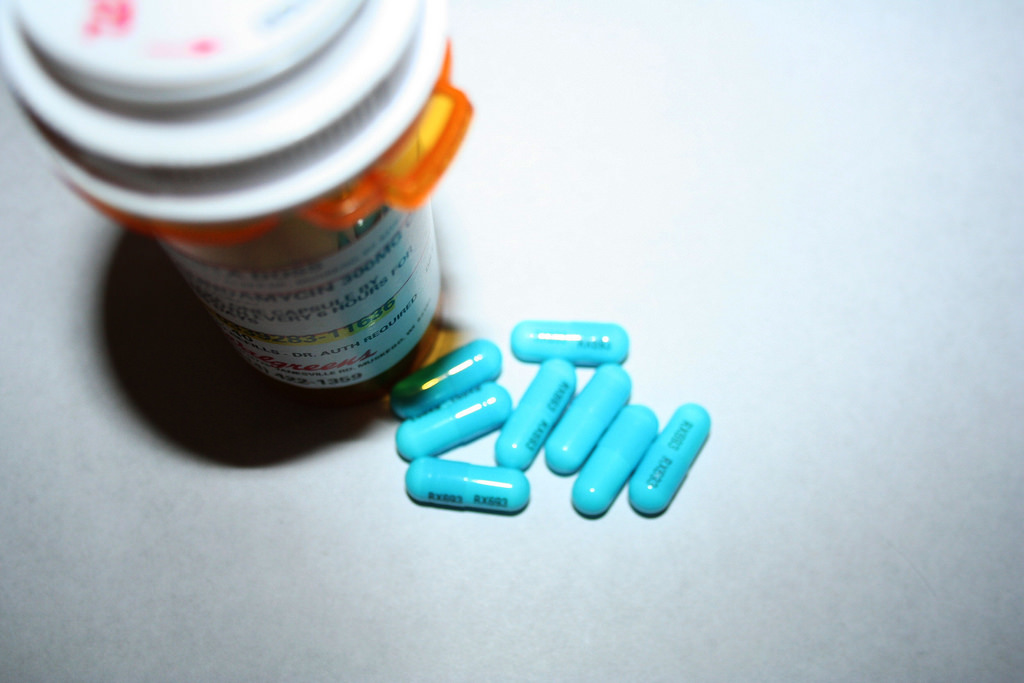65 percent more antibiotics consumption in year 2015 as compared to 2000, globally
Globally, the use of antibiotics has increased enormously in the last decade, which is a worrying addiction.

From 2000 to 2015, 65 percent more antibiotics were sold globally, according to data from the Center for Disease Dynamics in Washington.
Researchers analyzed studies from over 76 countries on a range of over 100 types of antibiotics, in collaboration with IQVIA, a health research company located in Durham, North Carolina.
To determine if individuals take more antibiotics, researchers convert data into daily individualized doses and divide them into 1,000 people per country. The result was that individuals take 39 percent more antibiotics than they took in 2000. The study was published on March 26 in the National Academic Journal of Science, as per RL.
Antibiotics save lives by treating bacterial infections, but many officials in the public health system are worried that doctors abuse prescriptions. These drugs only treat bacterial infections and are unnecessary in the case of viruses such as those that cause flu or respiratory infections.
Healthcare providers often prescribe antibiotics to patients when they suspect a bacterial infection. However, confirming the type of infection through a culture is a procedure that lasts, and most of the times patients and doctors do not want to wait. As a result, physicians often prescribe antibiotics with a preventive role, as per RL.
Scientists specializing in microbiology have recently realized that these drugs give birth to antibiotic-resistant bacteria, known as superviruses. Superviruses are bacteria that have evolved by going through different types of antibiotics.
When a supervirus produces an infection, a higher dose of antibiotics is required, which usually has many unwanted effects and does not always work.
Estimates show that in 2016 there were at least 700,000 deaths related to antibiotic-resistant infections, and studies show that this figure could reach 10 million by 2050.










